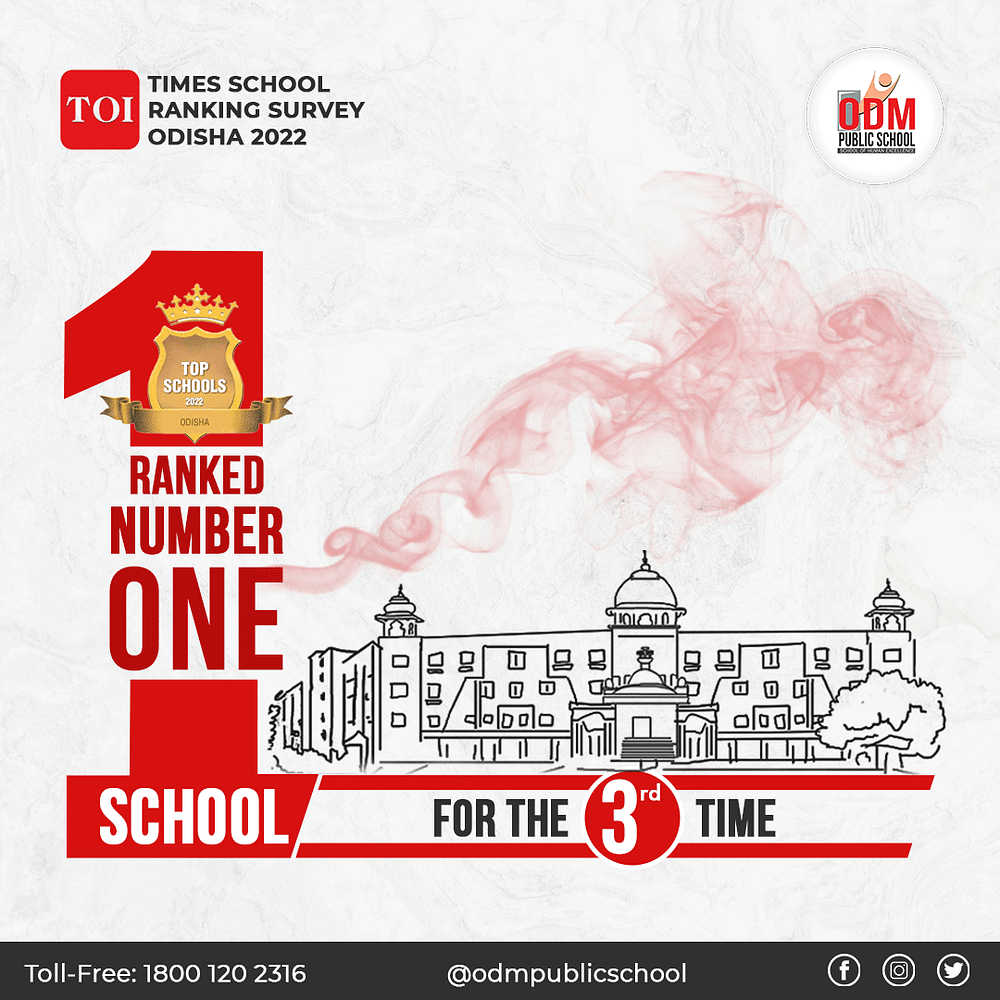Children have an innate drive to learn and an intense interest in following their own interests. Because of these characteristics, interest-based learning (IBL) may be an engaging and successful educational approach. In this way, their natural curiosity in the things that interest them may be channeled into a structured routine of questioning, exploring, and gaining understanding. It is essential that they be "directed." IBL isn't only a method for improving one's hobby; it's a technique for increasing curiosity and discovery. With IBL, students are given a greater say in what they learn and how they learn it. They are inspired to learn actively via the use of IBL. IBL makes use of the way children's brains are structured to make associations between what they already know and what they are learning by eliciting curiosity and prompting students to ask questions.
Teachers, parents,
and Learning Coaches all have new responsibilities as a result. The basis of
the concept is teachers' knowledge of their pupils' passions, gained via
observation and discussion. It is also essential for motivating and guiding
students to maintain a steady concentration on their studies under the guidance
of a mentor. Learning that is tailored to these interests and activities may
have profound effects.
What Do
Studies Reveal About Interest-Based Learning?
With a focus on
the individual learner, the learning process becomes cyclical, and students are
encouraged to draw from a wide variety of authentic resources. As they grasp
one topic and get eager about the next, pupils diverge from the traditional
learning trajectory of first learning, storing, and then applying new
information. Research supports the beneficial effects of the IBL approach,
suggesting that the only limit to learning based on children's interests is the
children's capacity to ask questions (under the direction of a Learning Coach
or instructor).
Well-known
educationalist and researcher David Yeager discovered compelling evidence that
students pursuing their own curiosity areas performed better on standardised
tests. Students were more inclined to persevere through difficult homework if
they could see how it related to something they were interested in.
Passion-driven education is a blueprint for continuous education. Children are
more likely to continue their education into high school and college if they
find their studies to be relevant to their interests. They become
self-motivated to expand their knowledge since studying itself becomes
interesting.
Since ODM
Public School – the best CBSE school in Odisha, firmly
believes that no two kids learn in exactly the same way, the school places a
premium on empowering parents to tailor their children's educational
experiences to their own strengths and interests. Find out what your students
are interested in, get them excited about learning more, and then help them
figure out how to learn more about it via interest-based learning. When
students actively engage in questioning, they "light up" neural
networks involved in processing reinforcement, memory, and motivation.
Basically, an earnest desire to study may be stimulated by an individual's
natural inquisitiveness.













